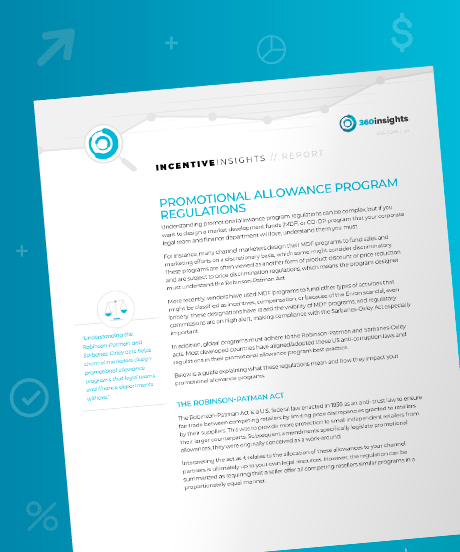Data Integrity refers to the accuracy, consistency, and reliability of data throughout its lifecycle, ensuring it remains complete and unaltered during storage, transmission, and retrieval.
This involves:
- Validating input data for accuracy and adherence to quality standards
- Protecting data from unauthorized access or corruption
- Regularly monitoring and auditing data for inconsistencies
- Maintaining proper backup and recovery processes
In practice, data integrity is essential for maintaining trust in the information systems businesses and individuals rely on daily. It ensures that decision-making, analysis, and operations are based on dependable and accurate data.
Data integrity is crucial as it minimizes errors, guarantees compliance with regulatory standards, and strengthens system reliability and security. This directly impacts organizational efficiency, service quality, and the ability to gain actionable insights from trustworthy data.
Setting Your Program up for Success from the Start

eBook
Promotional Allowance Program Regulations
When designing a market development funds (MDF) or CO-OP program, the promotional allowance program regulations can be complex. But they don't need to be.
In this guide, we explain what the regulations mean and how they impact your programs.
Download now, to learn how to create a program that your corporate legal team and finance department will love.
In this guide, we explain what the regulations mean and how they impact your programs.
Download now, to learn how to create a program that your corporate legal team and finance department will love.
